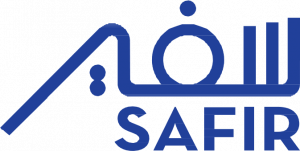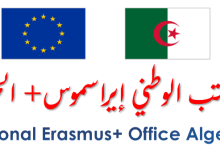Safir Project (2020-2024)

|
Projet Safir (2020-2024)
|
|
|
Presentation : More than 7 million young people from North Africa and the Middle East are students. Higher education and research establishments (EESR) have three priority missions: training, scientific research and service to society. To carry out these missions, it is essential that they take into account, in their activities and in their relations with local actors, the socio-economic, cultural and environmental concerns of the territory in which they are located. The university must therefore train responsible citizens who are able to integrate easily into society. However, it is faced with a difficult regional context: on the one hand, the capacity for absorbing graduates by the national labor market is largely exceeded and on the other side, a large number of training delivered are not in line with the needs and challenges of sustainable and inclusive development; entrepreneurial skills are particularly lacking. In order to ensure that young people’s higher education qualifications are a guarantee of professional integration, universities must be supported to develop new professional skills and disseminate a civic and responsible culture among their students. That is why Safir plans to create or strengthen 18 universally accessible incubation and innovation spaces on university campuses in the project’s countries of operation. These spaces will be both places of transition between academia and the labor market. They will ensure:
The 18 higher education and research establishments will be selected through two calls for applications. They will benefit from technical and financial support to strengthen their academic offer in social entrepreneurship and create incubation spaces dedicated to student-entrepreneurs. This support will be divided into 3 phases:
The objective is to allow these spaces to incubate student social entrepreneurial initiatives (they will join Safir’s network of innovative entrepreneurship support structures (SAEI) and to organise awareness-raising sessions on the SDGs. They will participate in regional meetings between project beneficiaries, and will have an annual programme of citizen events. Expectations in terms of activities to be carried out within the framework of the project:
The EESRs will also be required to collaborate with the other beneficiaries of the Safir project via:
|


Project evolution :


